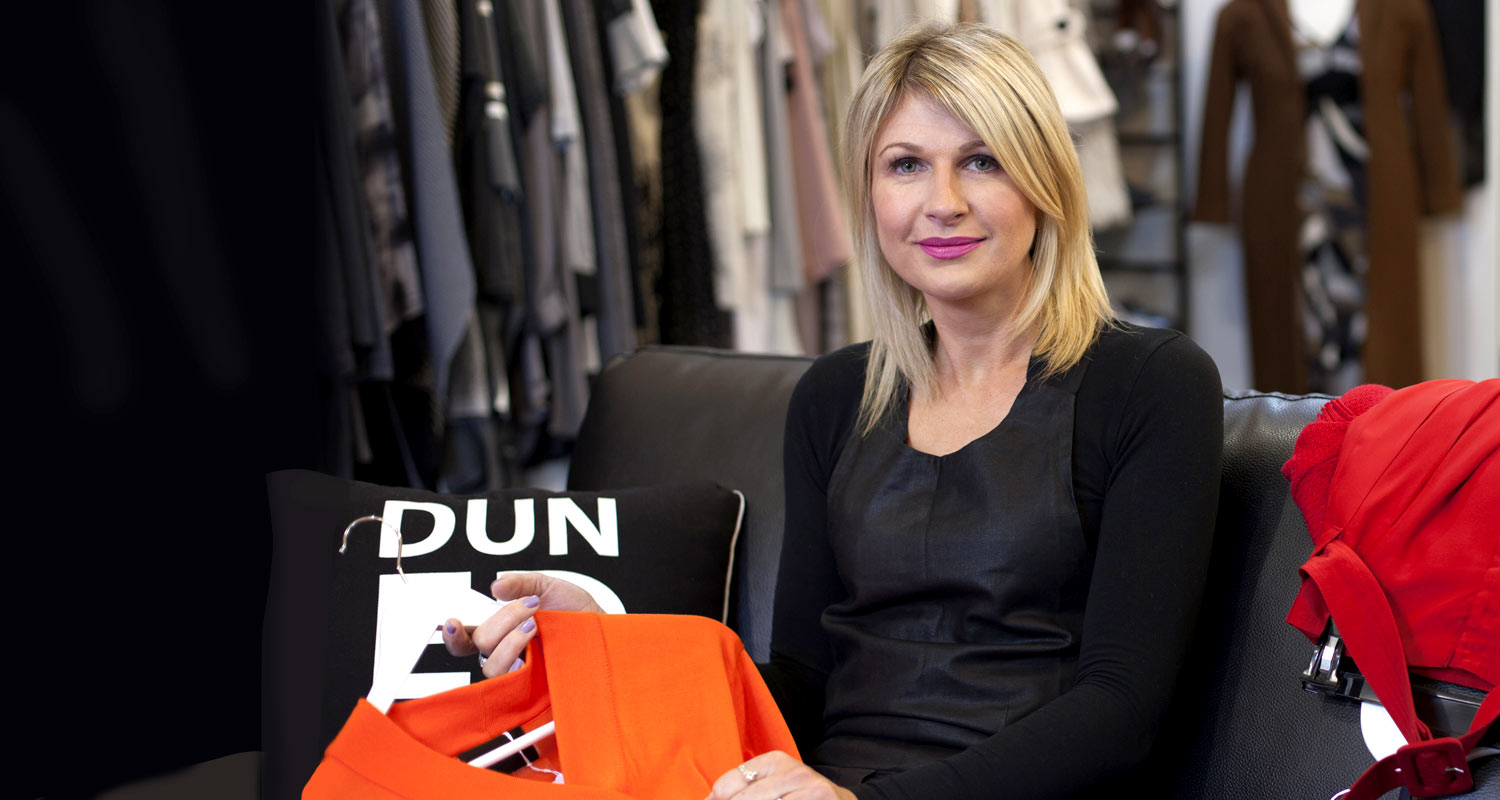
Fashion standards
How do you buy your clothes? Are you driven by a fast fashion ethos of buying then disposing, or are you committed to more sustainable products and ethical purchasing? And what are the implications for fashion marketing?
Research undertaken by Associate Professor Lisa McNeill and Rebecca Moore (Marketing) highlights a dilemma.
“The research suggests that while most people are aware of some of the ethical and environmental concerns in fashion production and consumption, a desire for new fashion products often has a greater influence on choice than sustainability.”
They identified three types of fashion consumers: the “self consumers” who were most interested in “newness” and a rapid turnover of fashion items; the “social consumers” who regarded fashion as part of their social image, but also were influenced by some ethical consumption behaviours such as reducing, reusing or recycling goods; and the “sacrifice consumers”, a small group whose decisions were almost always driven by ethical and environmental concerns.
With such distinct and conflicting views on fast fashion, McNeill says the implications for marketing sustainably-produced fashion products to each group are, therefore, significantly different.
To overcome this, McNeill suggests that the fashion industry should adopt a new production model that marries the ethics of sustainable production with the benefits of fast fashion.
“Developing profitable guidelines for sustainability in mass fashion may reduce some of the production costs of sustainable goods while also maintaining the 'newness' principles of fast fashion – the ultimate solution to targeting most fashion consumers.”
